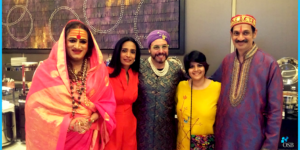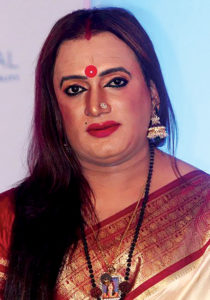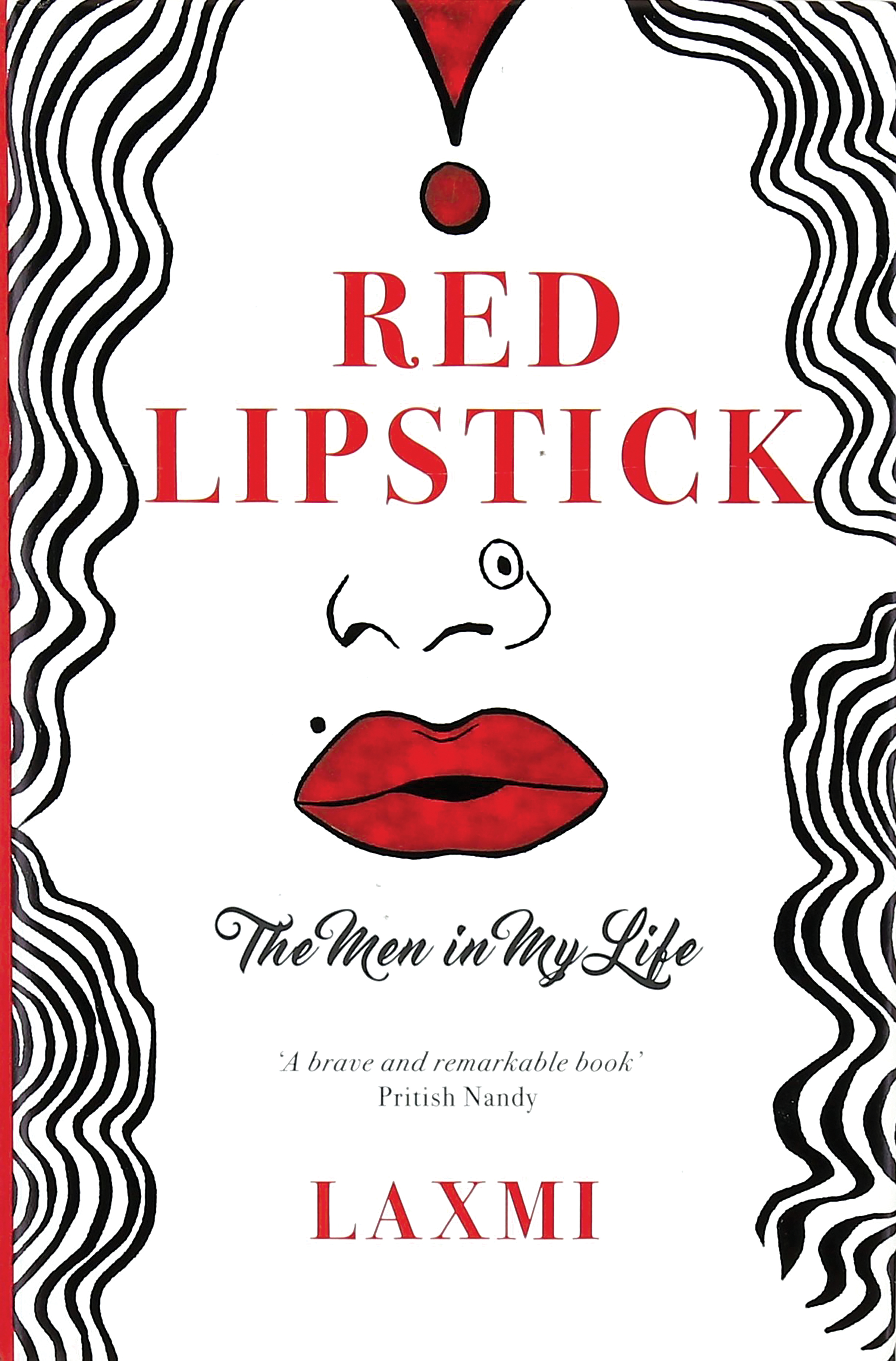Revealing all about one’s sexual escapades is not necessarily a step forward in emancipation, as this new confessional account shows
“My purity cannot be decided on the standards of society. My purity is to my own self, my own parameters.”
Red Lipstick: The Men in my Life is Laxmi Narayan Tripathy’s second book. Her first Main Hijra, Main Laxmi too was autobiographical. In this telling, she speaks about the men who were instrumental in shaping her into the Laxmi we see today. The Laxmi that she is so proud of.
Laxmi is a prominent transgender activist, who takes us through different stages in her life and the different interactions she had with the ‘male’ perspective. A transgender female, she identifies as a strong member and proponent of the hijra community in India. She divulges the struggles she faced growing up as Raju (her birth name), finally evolving into the silk saree clad, dark lipstick wearing Laxmi persona that she confidently struts today.

She switches between talking about her past and her present, and the stark contrast between the two. She speaks of how difficult the tropes attached to toxic masculinity made her growing up years. How she was bullied, abused and molested, because she was ‘different’ and not ‘boy’ enough. While also playing up how she has owned her identity and used it to smash patriarchal stereotypes.
The way Laxmi writes about conquering her adversaries comes across as confidently aggressive, and sometimes does blur the lines of the underlying message of equality that is supposed to shine through. The weight of her new-found self-worth is abundantly portrayed in the book and undeniably jumps out at the reader.
The book is divided into sections, each to do with a particular man that she has encountered in her life. From family to friends to mentors and mere associates — they are all profiled. Red Lipstick has been co-written by writer Pooja Pandey, and her contributions in the book are pretty obvious. One chapter has also been written by Prince Manvendra Singh Gohil, India’s first openly gay prince, and is a truly heartwarming read.
While a poignant and unabashed expose of all the toxicity that she faced in her journey of owning her feminity, it is sometimes easy to get confused by the ideals that she seems to hold as a transgender woman. In a book about sexual emancipation, archaic ideas of womanhood and femininity are also apparent. Bellicose comments are many and varied, and throw shadow on the ultimate objective of equality and acceptance that the movement for gender is trying to achieve.

So much so, that a scathing review has dubbed it a “kiss-and-tell account of the men she has bedded,” among other things. The book raises questions about whether in trying to break stereotypes, she may have transitioned very comfortably to another league of stereotypes.
Laxmi confesses to having used and manipulated men in her own ways, and is nonchalant in her retelling of these life events. She talks about her personal victories and accomplishments that were a result of the painful blows she has been dealt in life, alongside her own transgressions against others. Stories of lovers and enemies, friends and foes, and their contributions to the woman that she is.
However, when all is said and done, the book is a brutally honest one, and does not pretend to be otherwise. This book is essentially her voice and experiences, and her trials to find and embrace her place on the gender spectrum.
“Am I both a man and woman?” she asks. “Am I neither man nor woman? I am a hijra, and I can access both states of being.” She speaks of exploring the spectrum freely and identifying with either gender on any given day.





